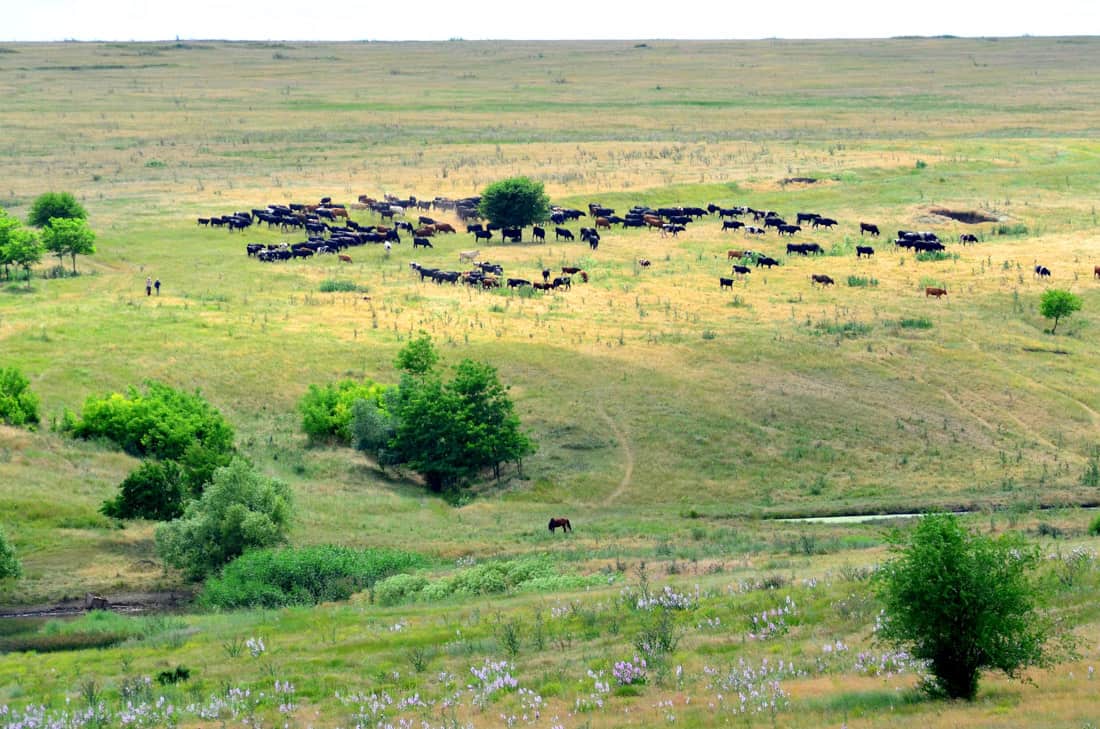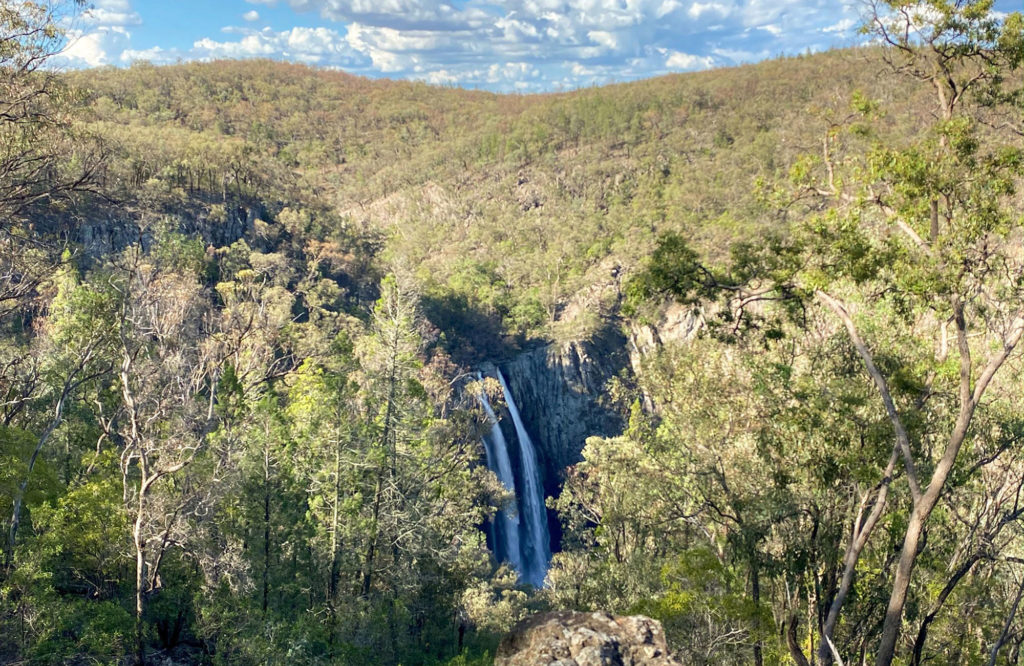Managing land and ensuring environmental compliance is crucial for maintaining the health and sustainability of our natural landscapes. For those in Victoria, New South Wales, and South Australia, professional environmental services play a vital role in identifying land management issues and providing practical solutions. This guide offers actionable advice on various aspects of environmental management to help you make informed decisions and effectively address land management challenges.
Land Management Consultants: Your Partners in Sustainability
Land management consultants bring a wealth of expertise to help landowners and organisations manage their properties sustainably. These professionals assess land conditions, identify potential issues, and develop comprehensive management plans to enhance land use and conservation.
Tips for Working with Land Management Consultants:
- Research and Credentials: Look for consultants with strong backgrounds in environmental science, ecology, or related fields. Verify their credentials and experience in handling similar projects.
- Site Assessments: Ensure the consultant conducts thorough site assessments. This involves evaluating soil health, water resources, vegetation, and wildlife habitats to provide a clear understanding of the land’s condition.
- Customised Management Plans: A good consultant will create tailored management plans that address your specific needs. These plans should include strategies for land restoration, conservation, and sustainable use.
- Ongoing Support: Choose consultants who offer ongoing support and monitoring services. Regular check-ins and adjustments to the management plan are essential for long-term success.
Environmental Management: Ensuring Compliance and Sustainability
Environmental management involves the implementation of practices that minimise negative impacts on the environment. This includes ensuring compliance with environmental regulations and promoting sustainable land use.
Tips for Effective Environmental Management:
- Understand Regulations: Familiarise yourself with local, state, and federal environmental regulations. Compliance is essential to avoid fines and ensure sustainable practices.
- Environmental Audits: Conduct regular environmental audits to assess the impact of your activities. These audits help identify areas for improvement and ensure adherence to regulations.
- Training and Education: Provide training for your team on environmental best practices. This includes waste management, pollution control, and resource conservation techniques.
- Sustainable Practices: Implement sustainable practices such as water conservation, energy efficiency, and waste reduction. These efforts contribute to long-term environmental health and compliance.
Field Support Services: On-the-Ground Assistance
Field support services offer practical, on-the-ground assistance for various environmental management tasks. These services are essential for implementing management plans and addressing immediate issues in the field.
Tips for Utilising Field Support Services:
- Qualified Personnel: Ensure that field support personnel are well-trained and experienced in environmental management tasks. Their expertise is crucial for effective implementation.
- Regular Monitoring: Use field support services for regular monitoring of your land. This helps in early detection of issues such as erosion, pest infestations, and illegal activities.
- Rapid Response: Engage field support for rapid response to environmental emergencies, such as oil spills or wildfire outbreaks. Quick action is vital to minimise damage.
- Data Collection: Field support teams can collect valuable data on soil health, water quality, and vegetation. This data is essential for informed decision-making and management plan adjustments.
Weed Management: Controlling Invasive Species

Weed management is a critical component of land management. Invasive species can harm native ecosystems, reduce biodiversity, and degrade land quality. Professional weed management services help control and eradicate these harmful plants.
Tips for Effective Weed Management:
- Identification and Mapping: Start with accurate identification and mapping of weed-infested areas. This helps in planning targeted control measures.
- Integrated Approach: Use an integrated weed management approach that combines mechanical, chemical, and biological control methods. This is more effective than relying on a single method.
- Regular Monitoring: Monitor treated areas regularly to assess the effectiveness of control measures and detect any resurgence of weeds.
- Prevention Strategies: Implement prevention strategies such as maintaining healthy vegetation cover and minimising soil disturbance. Healthy ecosystems are more resistant to weed invasions.
Bushland Regeneration: Restoring Natural Habitats
Bushland regeneration focuses on restoring degraded natural habitats to their original state. This process is vital for preserving biodiversity and enhancing ecosystem resilience.
Tips for Successful Bushland Regeneration:
- Assessment and Planning: Conduct a thorough assessment of the site to identify the extent of degradation and the best restoration strategies. Develop a detailed plan that includes timelines and resource requirements.
- Native Species Planting: Use native plants in your regeneration efforts. Native species are better adapted to local conditions and support local wildlife.
- Soil Health: Improve soil health through practices such as mulching, composting, and erosion control. Healthy soil is crucial for successful plant growth and ecosystem recovery.
- Community Involvement: Engage the local community in your regeneration projects. Volunteers can assist with planting, monitoring, and maintenance tasks, fostering a sense of ownership and stewardship.
Bushfire Risk Assessment: Protecting Your Property
Bushfires pose a significant threat to both natural and built environments. Professional bushfire risk assessments help identify vulnerabilities and develop strategies to protect your property.
Tips for Bushfire Risk Assessment:
- Comprehensive Evaluation: Hire professionals to conduct a comprehensive bushfire risk assessment. This includes evaluating vegetation, topography, and property layout.
- Defensible Space: Create defensible space around your property by clearing vegetation and maintaining low-fuel zones. This helps prevent fires from spreading to structures.
- Fire-Resistant Materials: Use fire-resistant building materials and design features to reduce the risk of ignition and damage.
- Emergency Plan: Develop a detailed emergency plan that includes evacuation routes, communication strategies, and firefighting resources. Ensure all residents or employees are familiar with the plan.
Vegetation Management: Maintaining Healthy Landscapes
Vegetation management involves the maintenance and enhancement of plant communities to promote ecological health and reduce fire risk. Professional vegetation management services ensure that landscapes are both beautiful and resilient.
Tips for Effective Vegetation Management:
- Regular Maintenance: Schedule regular maintenance activities such as pruning, mulching, and weed control. Consistent care keeps vegetation healthy and reduces fire hazards.
- Diversity and Structure: Promote a diversity of plant species and structural layers in your landscape. This enhances habitat value and ecosystem stability.
- Water Management: Implement efficient water management practices, including irrigation systems and rainwater harvesting. Proper water management supports plant health and reduces stress.
- Sustainable Practices: Adopt sustainable vegetation management practices that minimise chemical use and protect soil and water quality.
Moving Forward with Professional Help
Professional environmental services provide the expertise and support needed to manage land effectively and ensure compliance with regulations. Whether you’re dealing with weed management, bushfire risk assessment, or bushland regeneration, engaging professionals can make a significant difference. By following these tips and leveraging the skills of environmental experts, you can achieve sustainable land management and contribute to the preservation of our natural landscapes in Victoria, New South Wales, and South Australia.


